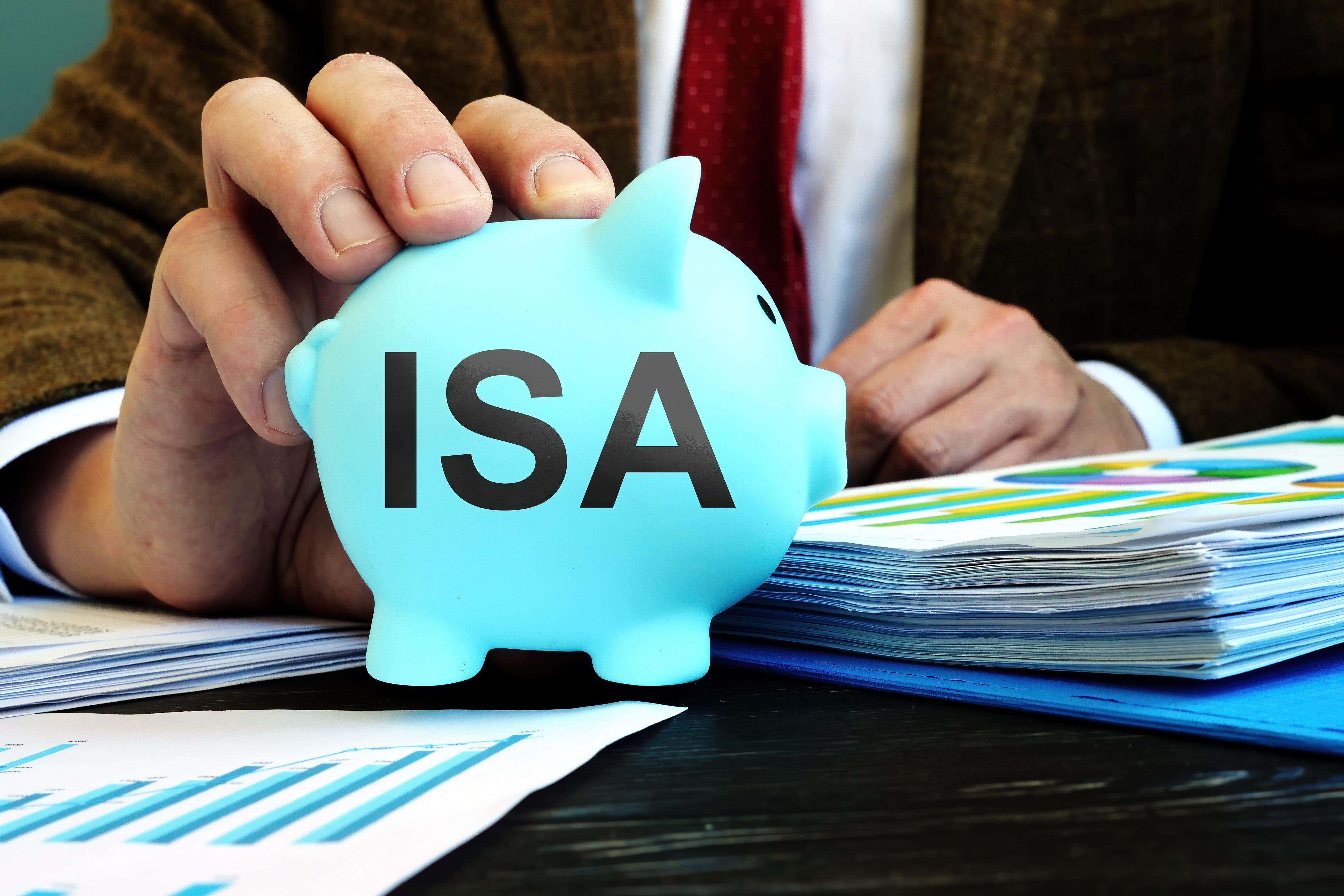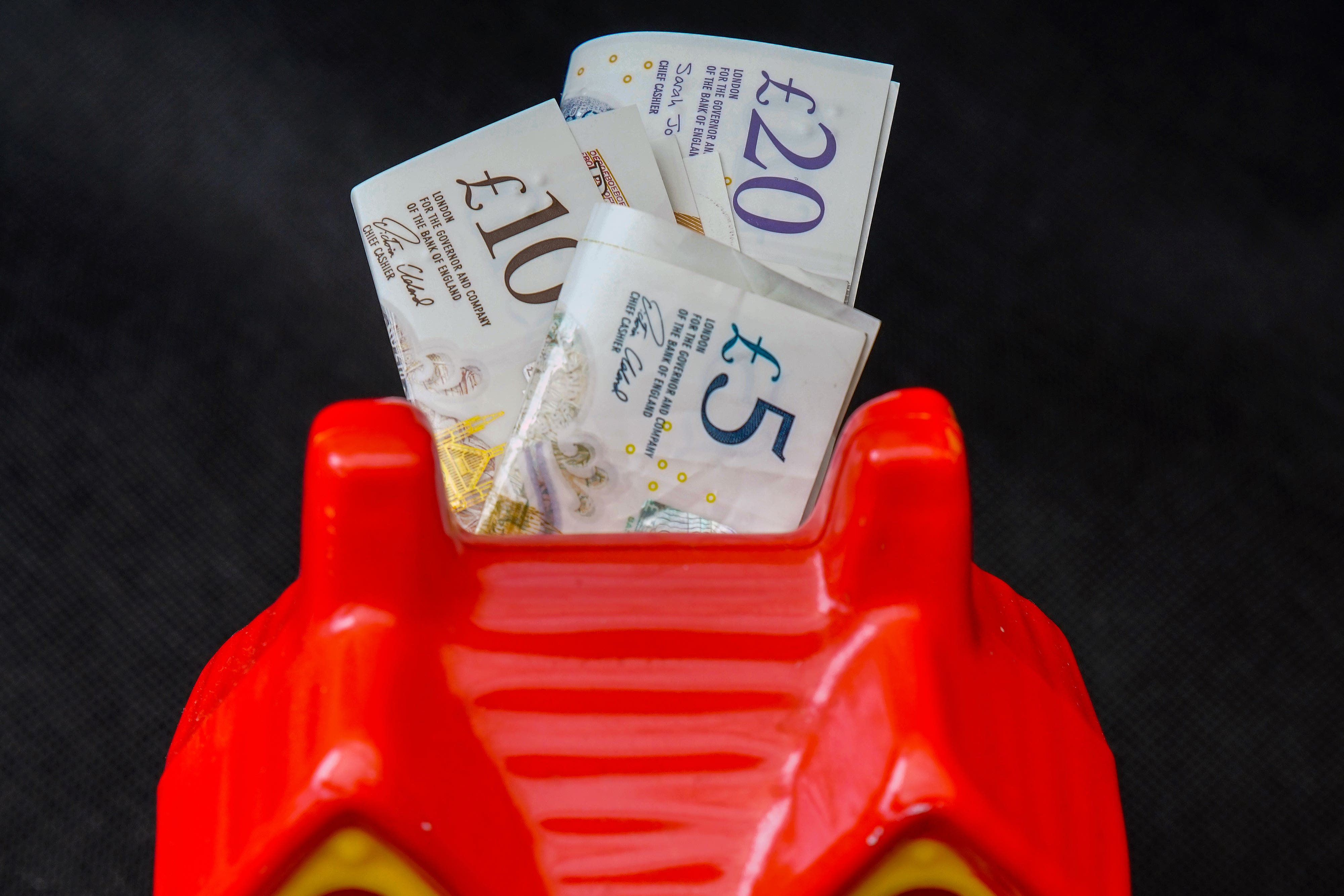Trying to pick an ISA that is right for you? These expert tips will help
If you’re considering which ISA option to choose, TSB’s head of savings, Peter Hatton, has some tips which may help

Your support helps us to tell the story
From reproductive rights to climate change to Big Tech, The Independent is on the ground when the story is developing. Whether it's investigating the financials of Elon Musk's pro-Trump PAC or producing our latest documentary, 'The A Word', which shines a light on the American women fighting for reproductive rights, we know how important it is to parse out the facts from the messaging.
At such a critical moment in US history, we need reporters on the ground. Your donation allows us to keep sending journalists to speak to both sides of the story.
The Independent is trusted by Americans across the entire political spectrum. And unlike many other quality news outlets, we choose not to lock Americans out of our reporting and analysis with paywalls. We believe quality journalism should be available to everyone, paid for by those who can afford it.
Your support makes all the difference.The new 2024-25 tax year has started and for savers it’s a time to consider where to put their hard-earned cash.
While savers are enjoying some of the best rates seen on the market in years, there could also be the risk that some may start to pay tax on their pots of money.
Basic rate taxpayers can earn up to £1,000 a year in interest without having to pay tax and for higher rate taxpayers the threshold is £500.
ISAs are a tax-efficient way to save, which may make them an attractive option.
If you’re considering which ISA option to choose, TSB’s head of savings, Peter Hatton, has some tips which may help:
Instant access deals
If you may need to access the money quickly, this could be a good option.
Hatton says: “An instant access cash ISA is great if your priority is flexibility and ready access to your savings.”
But he says one thing to consider is that these accounts often have a variable interest rate “so you may get a lower return on your balance if rates fall”.

Fixed-rate Isas
“If you’re prepared to lock your money away, then a fixed-rate product is a good way to protect your savings when interest rates could drop, because the interest rate is guaranteed for the term of the product,” says Hatton.
“Many of the fixed-rate ISAs available today offer lower rates than they did a few months ago because banks are already anticipating a lower (Bank of England) base rate in the future. But it could still be wise to lock in the guaranteed return offered by a fixed-rate product.”
One compromise option could be to spread savings across multiple accounts with different end dates, he suggests, adding: “Many banks offer a range of fixed-rate accounts, with different terms and different interest rates.”
Limited access accounts
Hatton says: “Some banks offer limited access or defined access ISA accounts.
“These can be ideal when you want a better return than you’d get from a pure instant access account, but with greater flexibility than a fixed-rate product.”
Make sure you understand what the terms are for making withdrawals and whether the accounts will give you enough flexibility and a decent enough rate.
Stocks and shares ISAs
Savers can use some or all of their £20,000 annual ISA allowance to invest in stocks and shares.
“This approach is normally only appropriate for individuals who are prepared to put their money away for longer timescales – typically at least five to 10 years,” says Hatton.
“And remember, the value of your investment can go down as well as up. Always make sure you do your research before investing and consider seeking financial advice.”
Saving for specific purposes
Lifetime ISAs can help people who are saving for their first home or their retirement. You can put in up to £4,000 each year, until you are 50. You must make your first payment into your ISA before you are 40. The Government will add a 25% bonus to your savings, up to £1,000 a year, until the age of 50.
Junior ISAs can also help kids get into the savings habit.
Hatton adds: “It’s a great way to save for your kids’ future but remember you can’t take money out of a Junior ISA until the child turns 18 – so this isn’t a good option if you think you might need access to the funds.”
Whatever your savings needs, here are some expert tips to to help you find a product to suit you.
Join our commenting forum
Join thought-provoking conversations, follow other Independent readers and see their replies
Comments